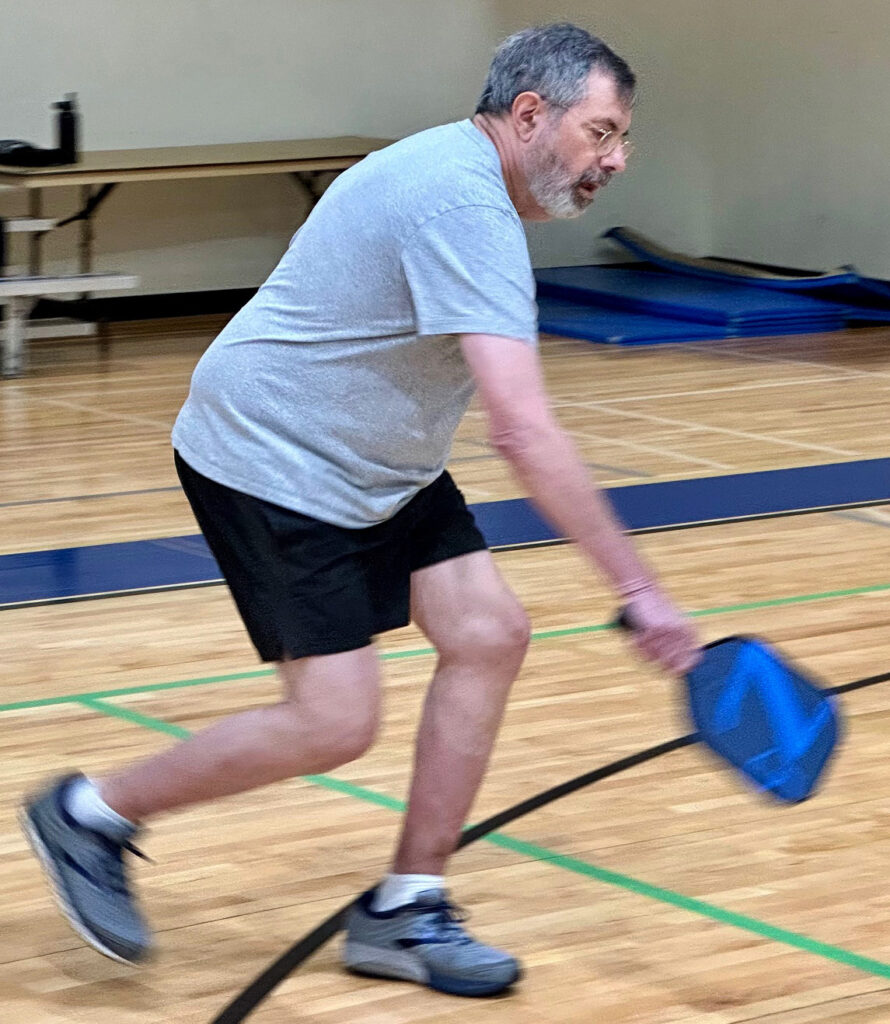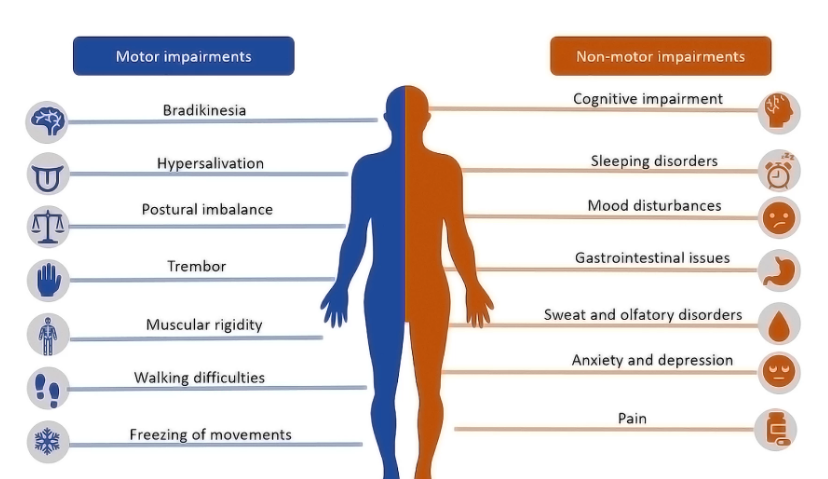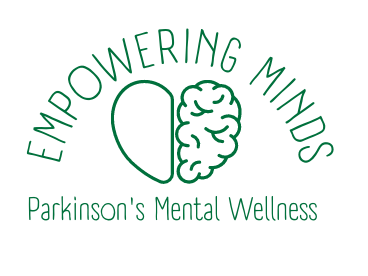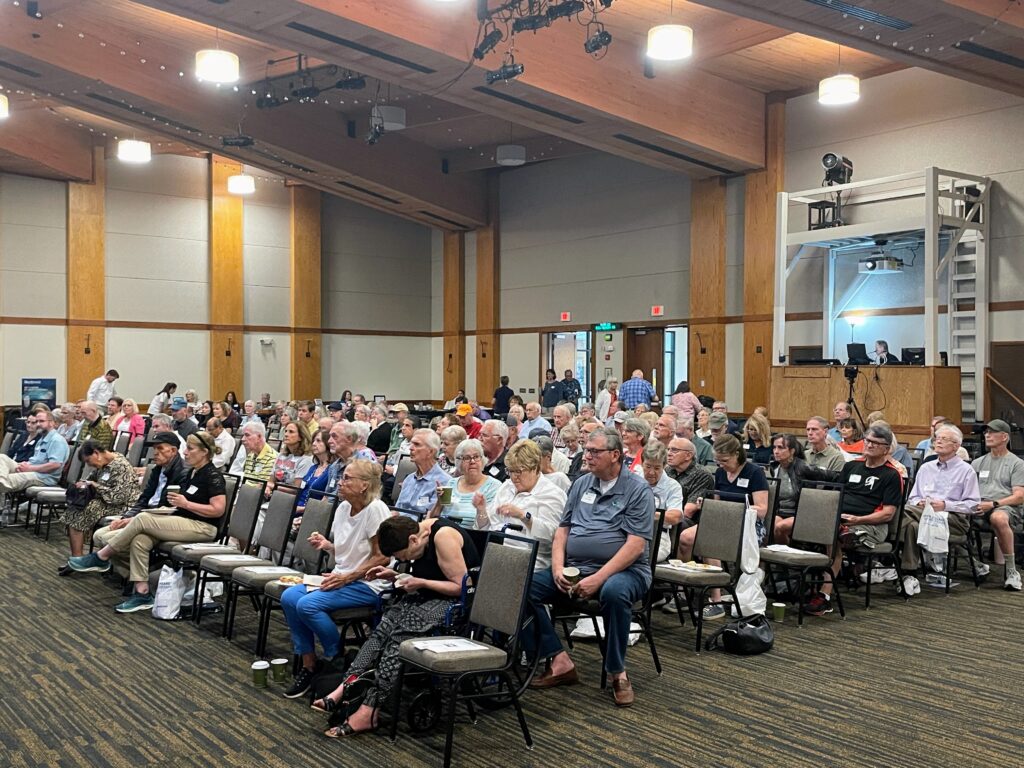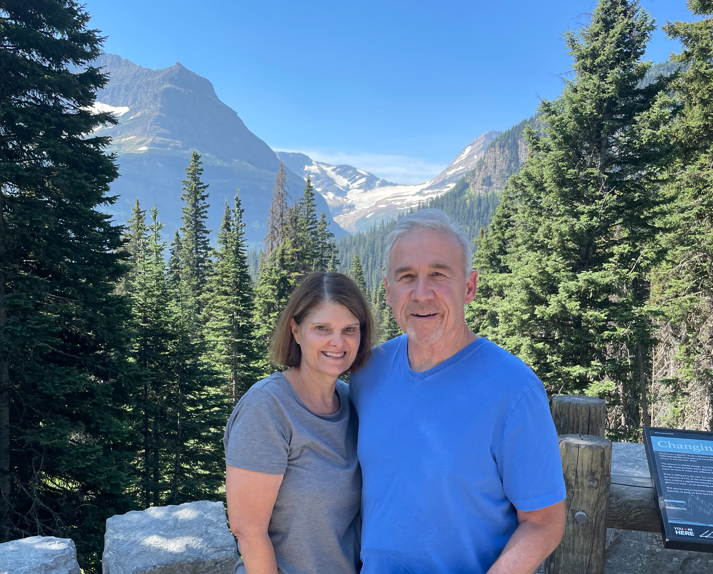
As we grow older, it is normal to experience age-related eye problems. However, research has highlighted that visual symptoms are prevalent among individuals living with Parkinson’s Disease (PD). These issues often stem from alterations in the front part of the eye causing dryness, changes in the retina (responsible for sensing light), or changes in eye coordination.
People with Parkinson’s may experience various visual symptoms, including blurry vision, difficulty with color perception, processing visual information, dry eye, double vision, and even hallucinations. These symptoms can be managed with different approaches, including exercises and specialized glasses.
While individual visual symptoms may be mild, their cumulative effect can significantly disrupt daily life. Complications with color vision, contrast sensitivity, or motion perception can affect tasks like reading or walking down the stairs.
Routine eye exams are vital for everyone, even those with perfect eyesight. These evaluations aid in screening for eye diseases and preserving vision. For individuals with PD, these exams are doubly crucial. Vision loss in PD can lead to an increased risk of falls, fractures, mental health issues, and cognitive impairments. The American Academy of Ophthalmology recommends specific frequencies for eye exams based on age and risk factors such as diabetes or family history of eye conditions.
Seeking care from various eye care professionals, such as ophthalmologists, optometrists, or neuro-ophthalmologists, is essential. While routine eye exams are crucial, consulting a neuro-ophthalmologist may be necessary when symptoms persist or remain unexplained.
Conclusion
While age-related eye problems are common, those with Parkinson’s often face additional challenges. Regular eye exams, an understanding of the complexities of vision and PD, and seeking specialized care when needed can significantly improve the quality of life for individuals navigating visual symptoms alongside Parkinson’s Disease. Always consult eye care professionals for personalized guidance and treatments tailored to your unique needs and experiences.
For more information visit:
https://www.parkinson.org/understanding-parkinsons/non-movement-symptoms/vision
https://davisphinneyfoundation.org/parkinsons-and-vision/

